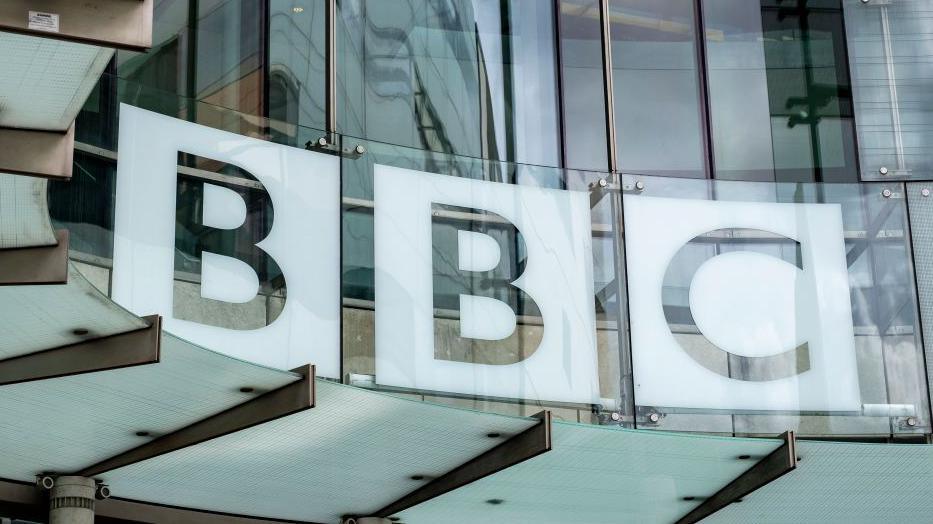Public access to BBC's HQ permanently restricted
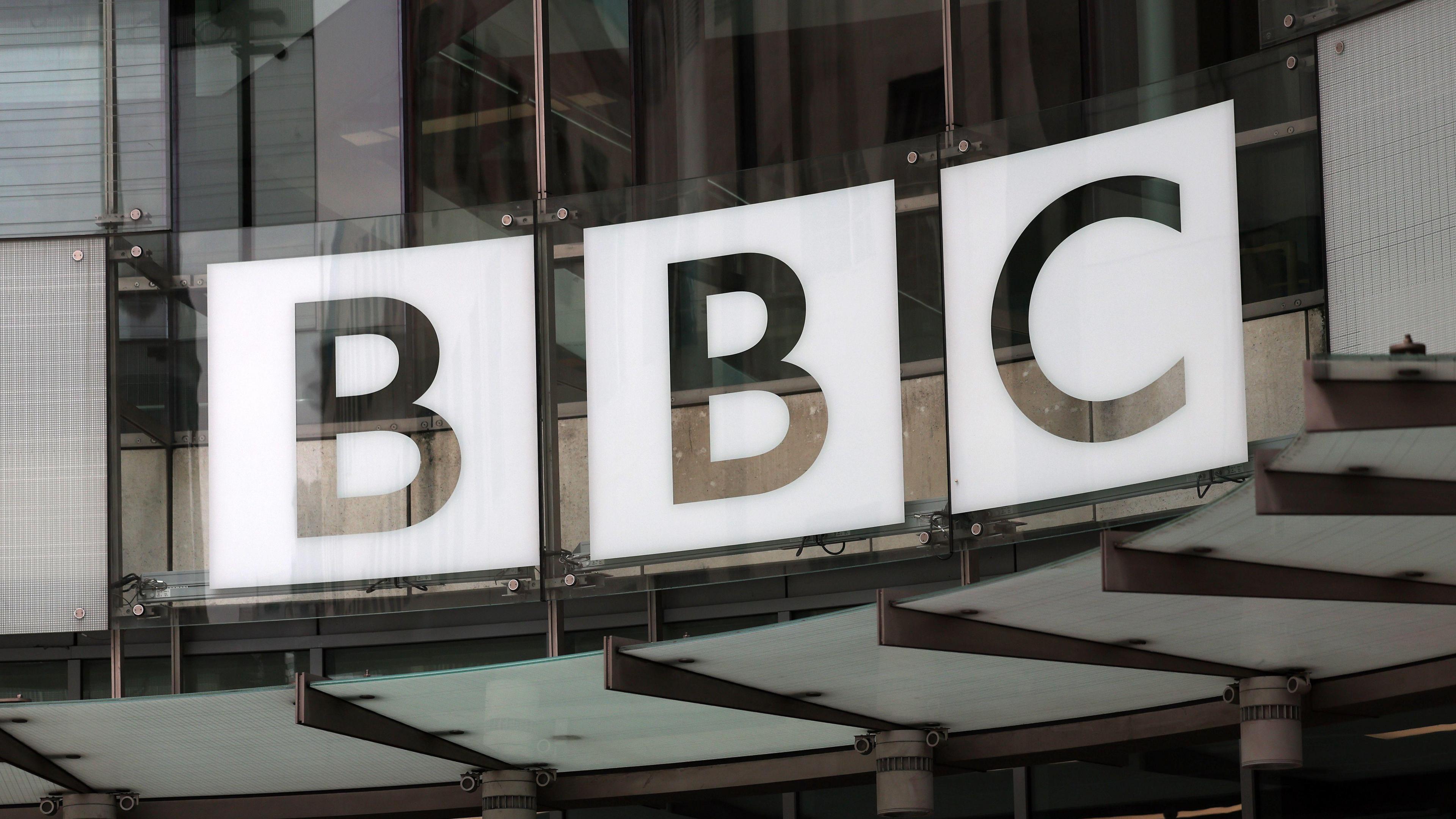
Westminster City Council heard Broadcasting House had been the target of 158 incidents so far this year, with BBC staff harassed on the street
- Published
Public access to parts of the BBC's London headquarters, New Broadcasting House, will be permanently restricted after a council meeting was told the corporation faced "increased threats".
When planning consent was given to redevelop the site in 2001, a condition was put in place allowing members of the public open access to certain areas of the building.
However, Westminster City Council's planning committee has voted unanimously to end the practice after hearing the BBC’s concerns over terrorism and disruptive protests, the Local Democracy Reporting Service reported.
Councillors heard Broadcasting House had been the target of 158 incidents this year, with BBC staff harassed on the street.
'Proportionate to increased threats'
The BBC's application argued two reception areas, the Radio Theatre and the Media Cafe, should remain permanently closed to members of the public who had not received security checks upon entering the building, at Portland Place in central London.
Access to the public had already been restricted since 2017 as a consequence of terrorist activity, according to the application, which also mentioned Covid as a factor.
Lesley Smith, the BBC’s in-house counsel, said: “We do try to be as open and as accessible as possible but there is also a responsibility to safeguard the continuity and availability of the services and the safety of staff and others."
She added the BBC believed its request was "proportionate to the increased threats, and we’d be failing in our wider duties if we did not make the application".
The corporation added it remained committed to allowing public access to New Broadcasting House and pointed out it allowed schools, family members of BBC staff, community groups and audience members to visit.
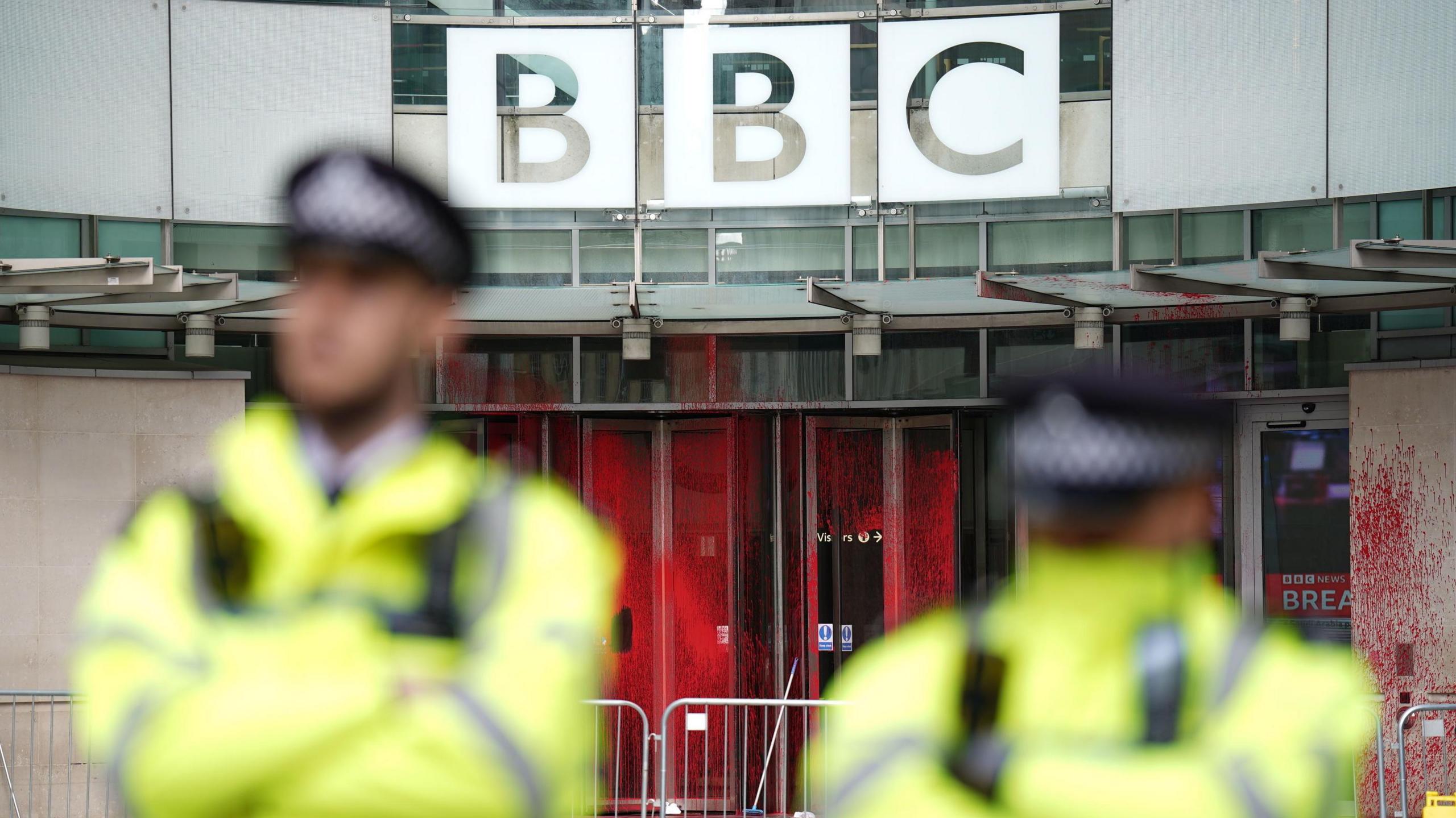
A security assessment cited instances of damage, including an incident where red paint was thrown on to the doors at New Broadcasting House
However, it said a security assessment found that since 2019 Broadcasting House had been targeted by 119 protests and that reopening the reception areas would leave the building susceptible to protesters entering undetected.
The assessment also cited instances of criminal damage, including to a statue above the entrance to Old Broadcasting House, and an incident in which red paint was thrown on to the doors at the entrance to New Broadcasting House.
On Tuesday, committee chair Paul Fisher said it would be reckless to not grant permission, adding: "It’s saying not just that terrorism is a huge problem and a risk that we face in London, but a problem that this organisation is exposed to in particular, day in, day out, and it’s only increased, unfortunately, over the course of the past 12 months.”
Deputy opposition leader Caroline Sargent said the committee had to find a balance between allowing public access and keeping public broadcasters, staff and visitors safe.
Listen to the best of BBC Radio London on Sounds and follow BBC London on Facebook, external, X, external and Instagram, external. Send your story ideas to hello.bbclondon@bbc.co.uk, external
Related topics
Similar stories
- Published10 October 2024
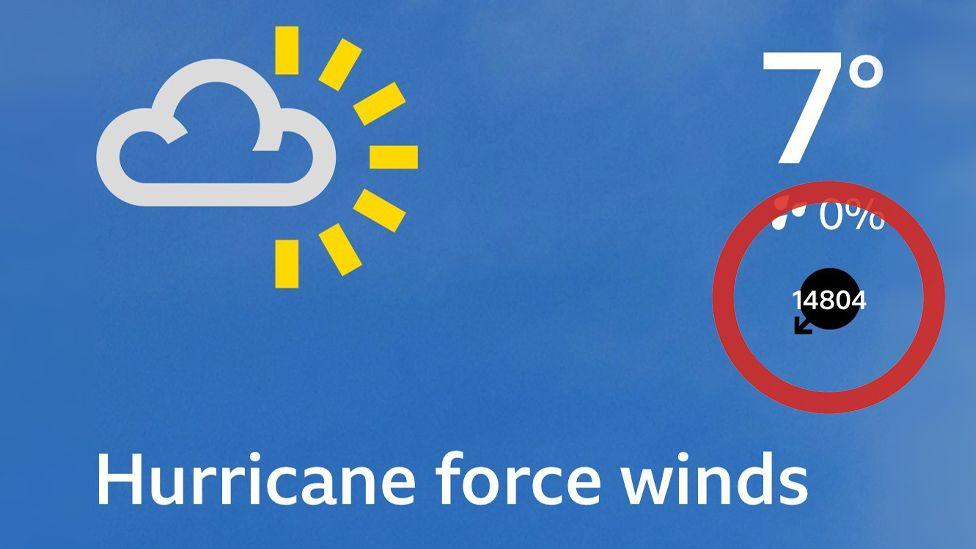
- Published11 October 2024
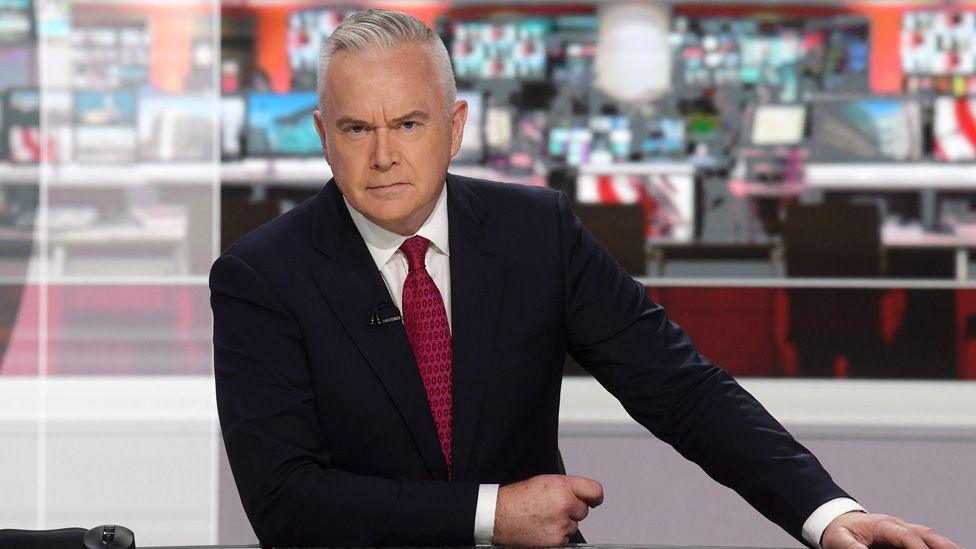
- Published15 October 2024
